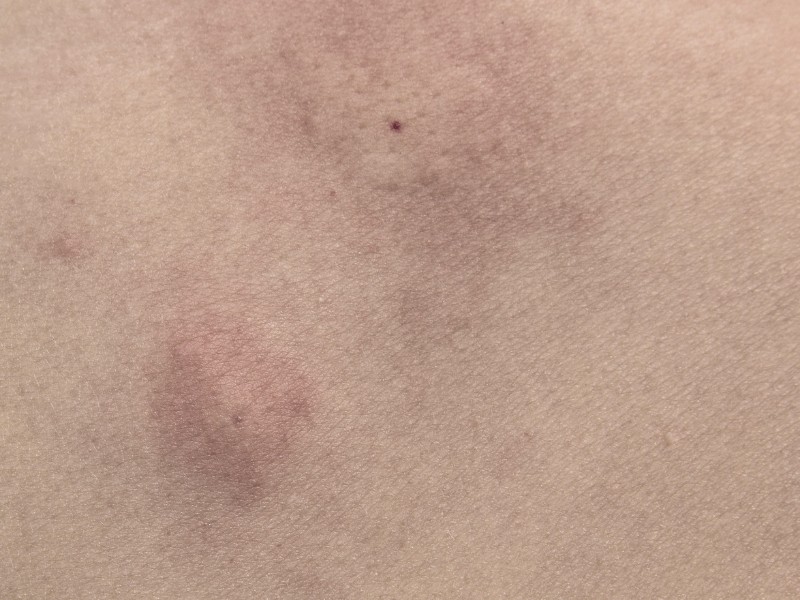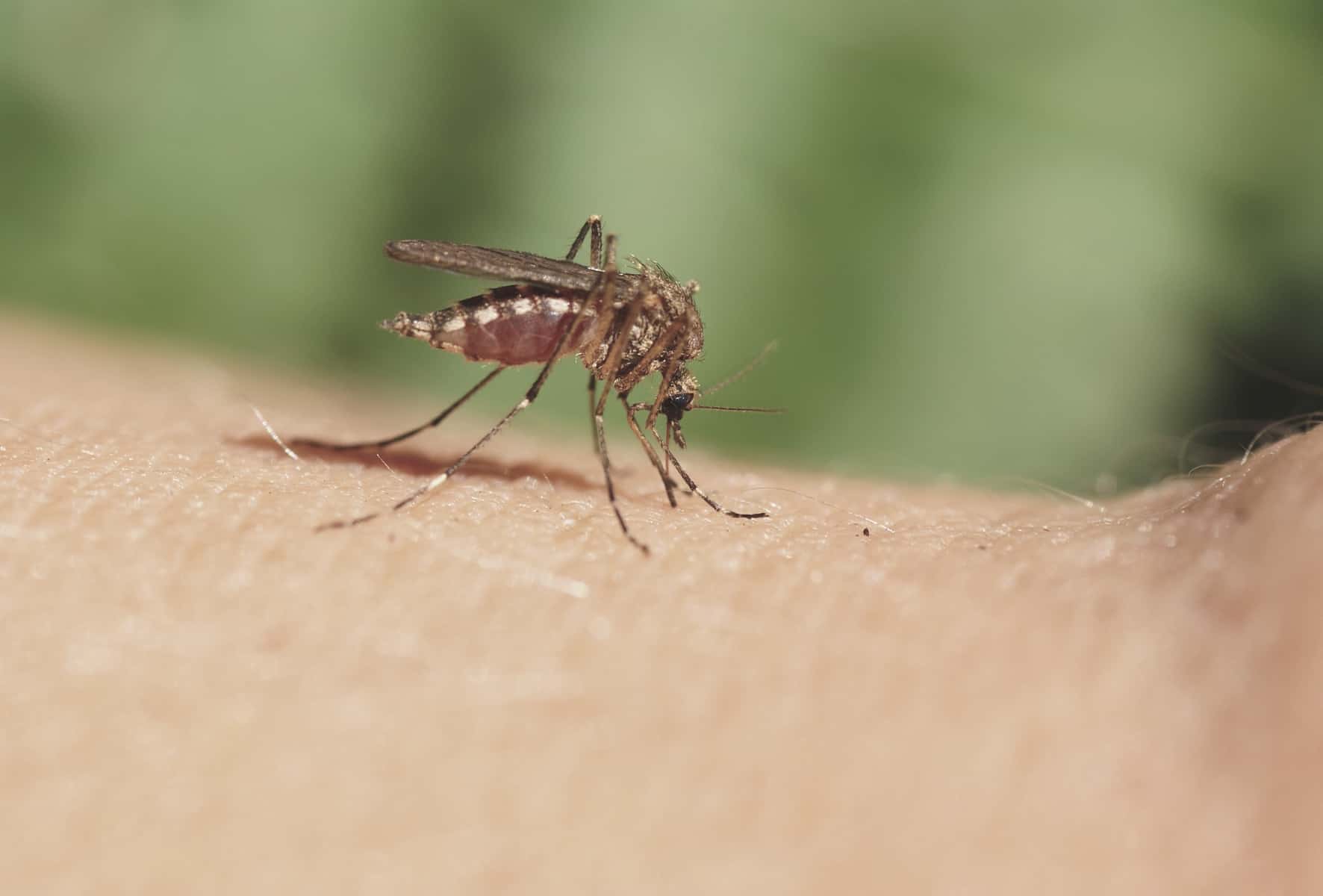One day in early summer, we were hiking through the Emigrant Wilderness, planning to make camp at Snow Lake. The campsite was on the lake, near a meadow partially covered with puddles of water from the snowmelt. At dusk, the mosquitoes were swarming and we were all cowering in our tents. Only the cook and his assistant were forced into the open, and they struggled to prepare dinner in long shirts, gloves, and mosquito hats. When it was time to eat, everyone grabbed their food and disappeared back into their tents as fast as possible. Next morning, we ventured out and were immediately attacked by thousands of frantic mosquitoes. Everyone just grabbed their stuff and ran down the trail with tents, cooking equipment, and even sleeping bags in their arms until the mosquitoes left us alone.
Check out our other guides on health & survival:
- Safety starts at home with our hiking safety tips
- Are you digging your cat holes correctly?
Mosquitoes Suck
Mosquitoes have been a nuisance to backpackers for about 100 million years and when it comes to attacking, they know exactly what they want. Mosquitoes are especially attracted to large people, pregnant women, carbon dioxide, uric acid, ammonia, dark clothing, body movement, and heat. Therefore, large backpackers in overheated dark clothes moving along the trail emitting carbon dioxide in their breath and ammonia in their sweat will attract every mosquito within a 50-yard radius.

Contrary to popular belief, mosquitoes do not feed on your blood. Only female mosquitoes need blood and then only to develop fertile eggs. Males do not bite people at all. In fact, female mosquitoes don’t bite people either, they just stick their proboscis into a capillary and suck. There are no teeth involved.
Tips to Prevent Mosquito Bites
Here are some things you can do to keep from being bitten:
- Carry insect repellent with DEET in it (30% DEET is good enough, you don’t need the 98% concoction). Other repellents don’t work as well against mosquitoes. However, DEET damages synthetic materials, so watch out not to get any on your clothes or sleeping bag.
- Keep your skin covered. Wear tightly woven long pants, and tuck them into your socks. Wear long-sleeved shirts over undershirts. Buy a mosquito head net! (Mosquito head nets weigh little, are easily carried, and provide welcome relief when mosquitoes are abundant.)
- Make camp where you can get a strong breeze and you’ll have a lot fewer mosquitoes in your cooking area. Set up the tent to face into the wind and you’ll avoid allowing insects inside when you unzip to crawl inside. Avoid any place called a meadow, which usually means standing water and mosquitoes for much of the year.
- Wear light or neutral colors. Most mosquitoes are especially attracted to dark blue and to contrasts of light and dark clothing.
- Set up camp before dusk and get into tents before the mosquitoes come looking for you. If you can get everyone out of their sleeping bag early enough, pack up and leave before dawn.
- A fire that produces smoke will keep almost all insects away as long as you stay in the smoke cloud. Burning live branches can produce strongly scented smoke that repels mosquitoes.
- Keep yourself clean because mosquitoes and other insects are drawn to your sweat.
- Soak your clothes, hats, gloves in permethrin before you hit the trail. You can get it at most farm supply stores and instructions for applying it to clothes can be found online. Permethrin-infused material is very effective at repelling mosquitoes and ticks, but be careful because permethrin is toxic to cats and may cause health problems in some humans also.
Mosquitoes buzzing around your ears can be extremely annoying and getting lots of mosquito bites can be uncomfortable, especially if you scratch them until they get infected. Remember, however, that mosquito “bites” are almost never fatal in North America. It would take more than a million mosquito “bites” in a day to drain the average Scout backpacker of his blood. So just bundle up when they are around and keep your DEET handy. Or you can schedule your trips later in the summer – after all the standing water has dried up and the mosquitoes are gone.
Check out our buyer’s guides on health & survival related products:
- Check out our picks for the best axes for backpacking
- A backpacking multi-tool is handy for numerous small tasks
- Which brand claims the title of best camping saw?
- Stay clean with the best camping towel.
For more information about mosquitoes, go to the Control Mosquitoes website, click here.


There is no expiration date on a DEET package, indicating that governement tests (especially in the military) haven’t found any major erosion of its impact on mosquitoes over time. So I would say that any bottle of DEET less than five years old is still good.
Your posting raised a question in my mind: What is the shelf life of DEET? Is the bottle I bought some years ago still good?